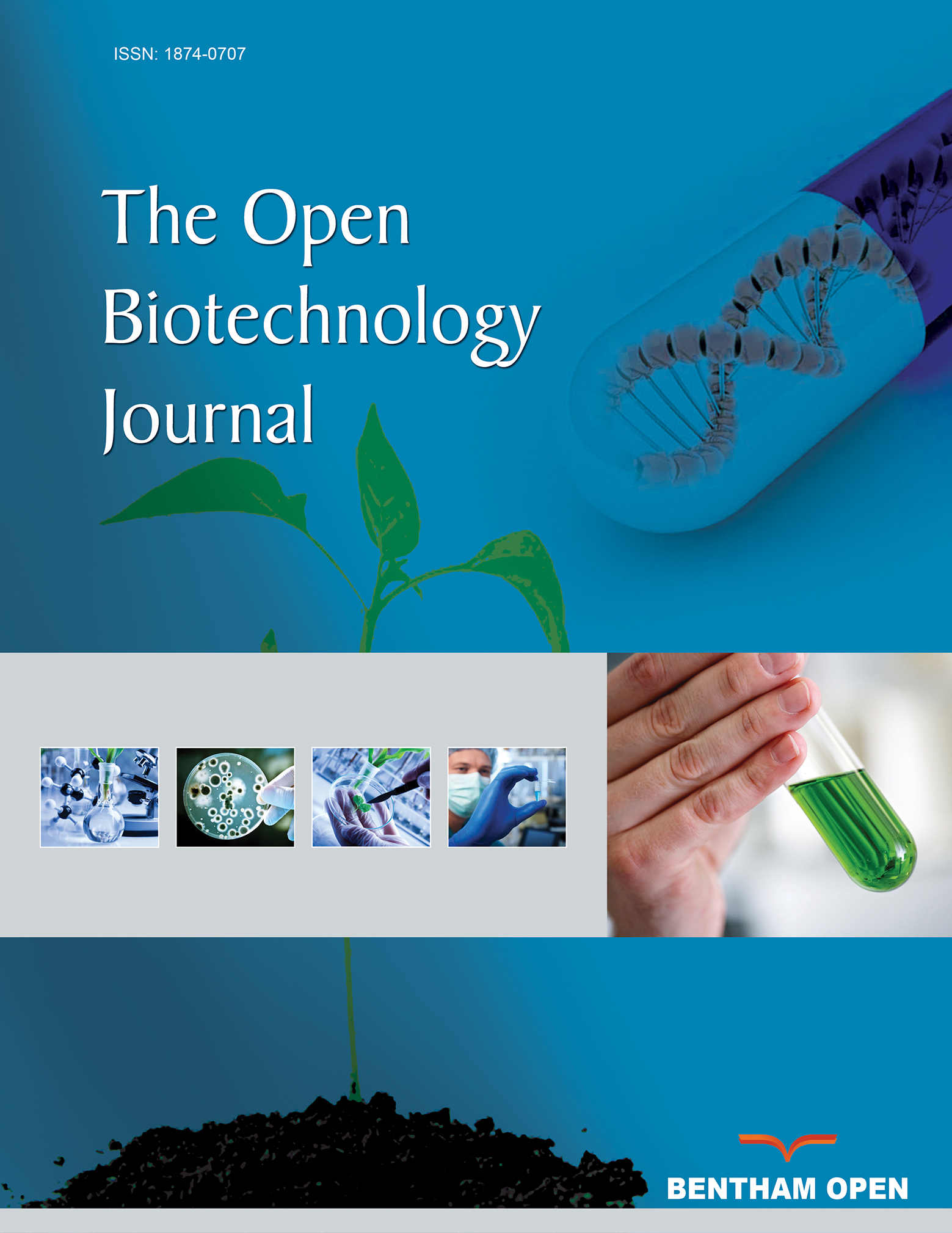All published articles of this journal are available on ScienceDirect.
Does Fried Street Food (Kokor) affect Lipid Profiles and bodyweight? The Finding from Swiss Albino Mice
Abstract
Background:
Foods fried in palm oil on the streets change the oil composition and produce toxic byproducts. Even though the health implications of fried street food are not fully understood, Ethiopians frequently consume these items. Therefore, this study evaluated the impact of street kokor fried in palm oil on mice's lipid profiles and body weight.
Methods:
The experiment involved 32 Swiss Albino male and female mice, which were randomly separated into four groups with equal male and female subgroups. The experimental groups, Group II, Group III, and Group IV, got 10%, 20%, and 30% of the daily food intake, respectively. In contrast, the control group (Group-I) received only pellets and a vehicle (water). The mice were killed at the end of the sixth weeks after recieving a diethyl ether anesthetic. Once their blood was drawn through a heart puncture, lipid profile tests were performed on it.
Results:
In this experiment, the amount of street kokor cooked in palm oil had a significant impact on the mice' body weight [F (3, 24) = 13.841, p = 0.001] and all of the mice in the experimental groups had significantly lower body weights than the mice in Group I (the control group) (P 0.05). Similarly, the dose of palm oil fried street kokor had a significant effect on serum triglyceride (TG) [F (3, 24) = 17.72, p = 0.001], serum low-density lipoprotein (LDL) [F (3, 24) = 90.344, p = 0.001], serum high-density lipoprotein (HDL) [F (3, 24) = 25.38, p = 0.001] and serum total cholesterol (TC) level of the mice [F (3, 24) = 257.480, p = 0.001]. The experimental group mice's lipid profiles, except serum HDL level, were increased significantly compared with the control group mice (P < 0.05).
Conclusion:
Mice's body weight fell and serum lipid profiles were affected by palm oil-fried street kokor. This study found that palm oil-fried street kokor dramatically decreased mice's body weight. Furthermore, ingesting kokor cooked in palm oil significantly and proportionally elevated mice's serum lipid profiles (TG, LDL, and TC), but it also dramatically and inversely decreased HDL levels.


